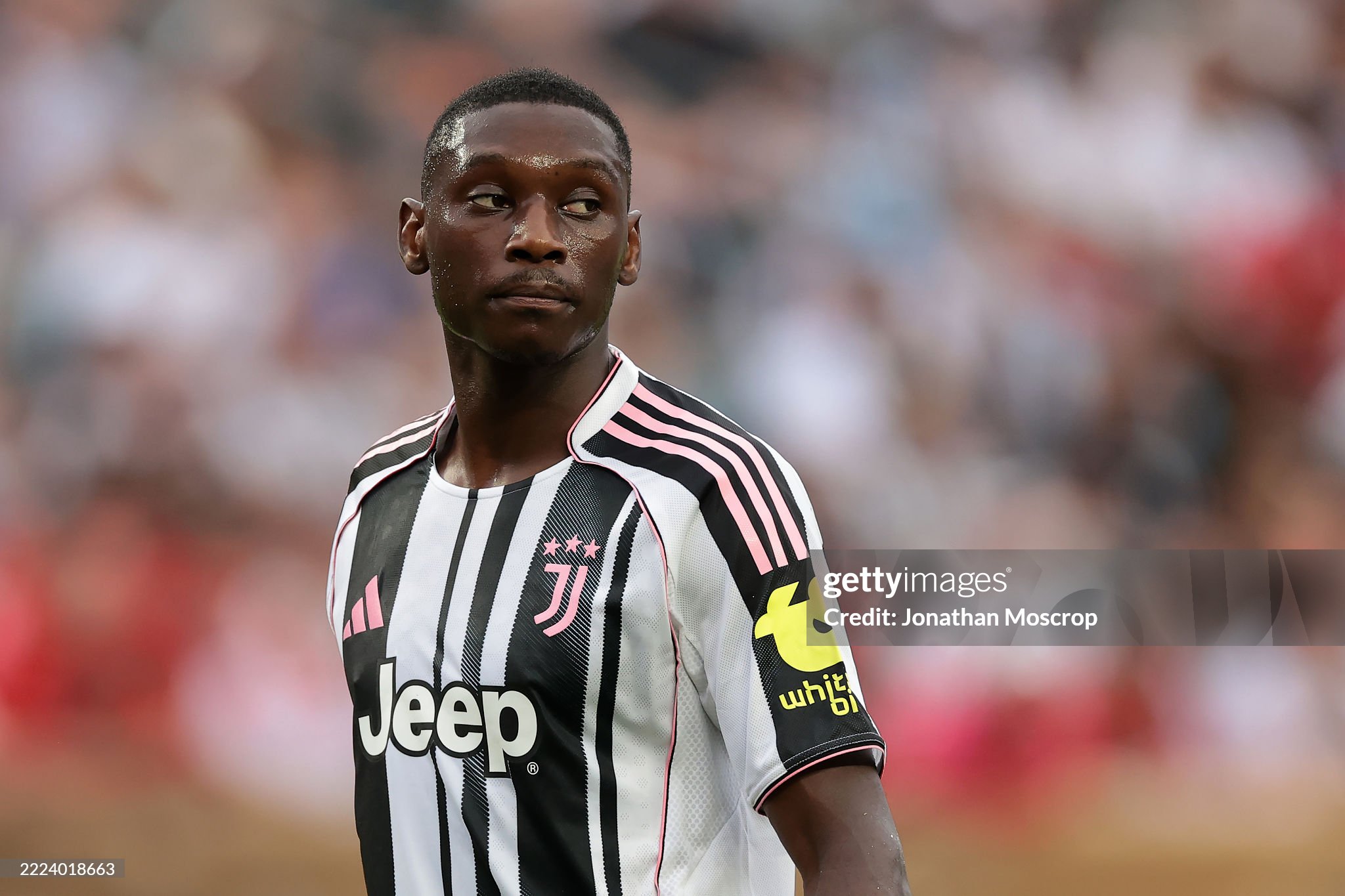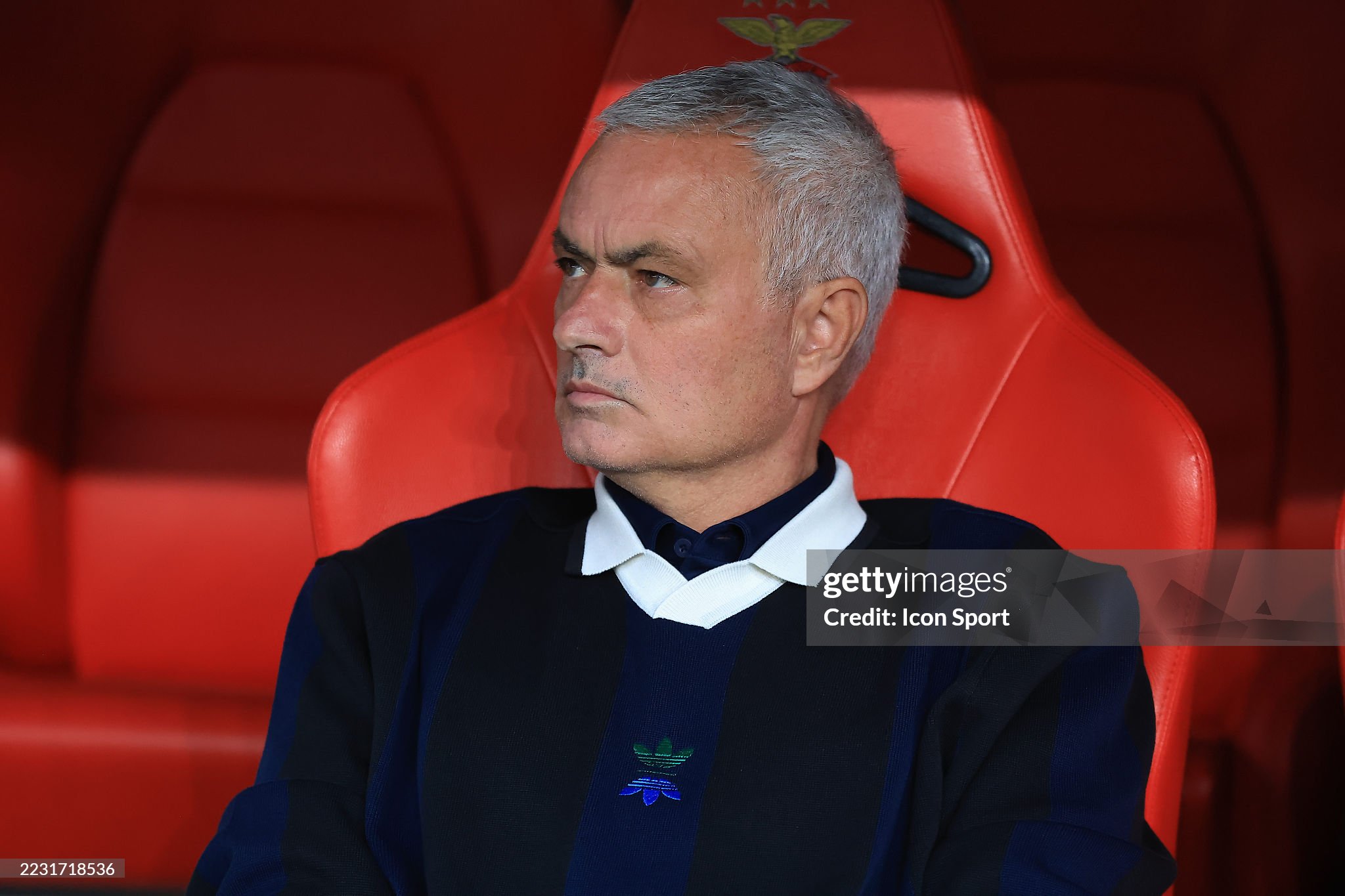According to French reports, Juventus has ruined its relationship with Paris Saint-Germain. The Champions League winner is absolutely furious about the way the Old Lady handled the transfer of Randal Kolo Muani, who suddenly moved to Tottenham Hotspur on Deadline Day.
 Embed from Getty Images
Embed from Getty Images
Over the past six months, Randal Kolo Muani played on loan for Juventus, and the Turin-based club made no secret of their desire to keep the French striker beyond the temporary spell.
His arrival had brought a spark to their attack, and during key fixtures, including a short-term stint in the Club World Cup, Kolo Muani showed the kind of pace and movement that Juventus had been lacking in recent seasons. Those brief performances convinced many within the club’s hierarchy, as well as fans, that he could be a long-term solution at the top end of the pitch.
Juventus even gave indications during the winter that they were seriously considering making the move permanent in the summer window. Internally, there was consensus that Kolo Muani’s profile a powerful forward with international experience and versatility to play across the front line was perfectly suited to Massimiliano Allegri’s system. However, negotiations with Paris Saint-Germain quickly became complicated.
The French champions had paid a staggering 90 million euros to sign Kolo Muani from Eintracht Frankfurt two years earlier, and while his time in Paris had been inconsistent, PSG were reluctant to accept a major loss on their investment. According to reports from La Gazzetta dello Sport and L'Équipe, the Parisians set their demands clearly: either 60 million euros in cash or a loan with a mandatory purchase clause for the same figure. From PSG’s perspective, anything less would not only represent poor financial business but would also undermine their strategy of maintaining strong market value for their players.
Juventus, however, seemed unwilling to commit to that valuation. Every approach made by the Italians came with caveats or alternative structures. Their first offer was a straight loan with no buyout clause, a deal PSG immediately rejected. Their second attempt included a loan with an option to buy, but not an obligation something Paris again dismissed, believing it offered them no guarantees. Eventually, Juventus proposed a deal that included a loan with a purchase obligation, but at 30 million euros plus an additional 10 million in bonuses, far short of PSG’s 60 million target. Importantly, this figure contradicted a verbal understanding both clubs had reportedly reached earlier in the summer, further straining relations.
As the summer window wore on, frustration grew within PSG’s management. The French club still believed some middle ground could be reached, but time was running out. Juventus, meanwhile, reassessed their priorities. With financial constraints and squad needs in mind, their leadership concluded on deadline day that continuing to push for Kolo Muani was no longer a productive use of resources. The decision was made to abandon talks and pursue other forwards.
That pivot saw Juventus secure Loïs Openda from RB Leipzig on loan, with an option to buy for 40 million euros, and sign Edon Zhegrova from Lille for 15 million euros. Both players were seen as capable of refreshing Juve’s attacking options while costing the club less than Kolo Muani in terms of transfer fees and wages. Notably, the combined annual salary for Openda and Zhegrova matched the 8 million euros per year that PSG had demanded for Kolo Muani alone, making the decision look even more financially prudent from Juventus’s point of view.
For PSG, though, Juventus’s sudden change of strategy felt like a betrayal. According to L'Équipe, anger within the Parisian boardroom was intense, particularly because it left the club scrambling on the final day of the window. They had counted on Juventus as the destination to move Kolo Muani permanently, but instead they found themselves with an unwanted striker on their hands and limited time to find an alternative buyer.
In the end, the only solution available was to arrange a loan move to Tottenham Hotspur. The deal, completed in the closing hours of the market, did not include either an option or obligation to buy precisely the kind of outcome PSG had hoped to avoid. The move was seen more as a temporary fix, giving Kolo Muani a chance to play regularly in the Premier League, but it left PSG exposed financially, with no long-term guarantees.
This episode has added tension to the relationship between PSG and Juventus, two clubs that have often dealt with each other in the transfer market. For Juventus, the episode underscores their pragmatic approach: unwilling to overspend, even on a player they admired, when alternatives could be secured for better value. For PSG, however, it is a reminder of the challenges they face in balancing sporting ambitions with financial discipline, especially after committing heavily to players like Kolo Muani in recent years.
Whether the French striker thrives in England will be the next chapter of this saga. For PSG, his success at Tottenham could either reignite his market value or reinforce the frustration that they let him go under unfavorable terms. For Juventus, meanwhile, the choice to pivot towards Openda and Zhegrova will be judged by their contributions in Turin this season, particularly as the club looks to compete both domestically and in Europe with a refreshed attacking line.
Updated: 11:30, 4 Sep 2025







